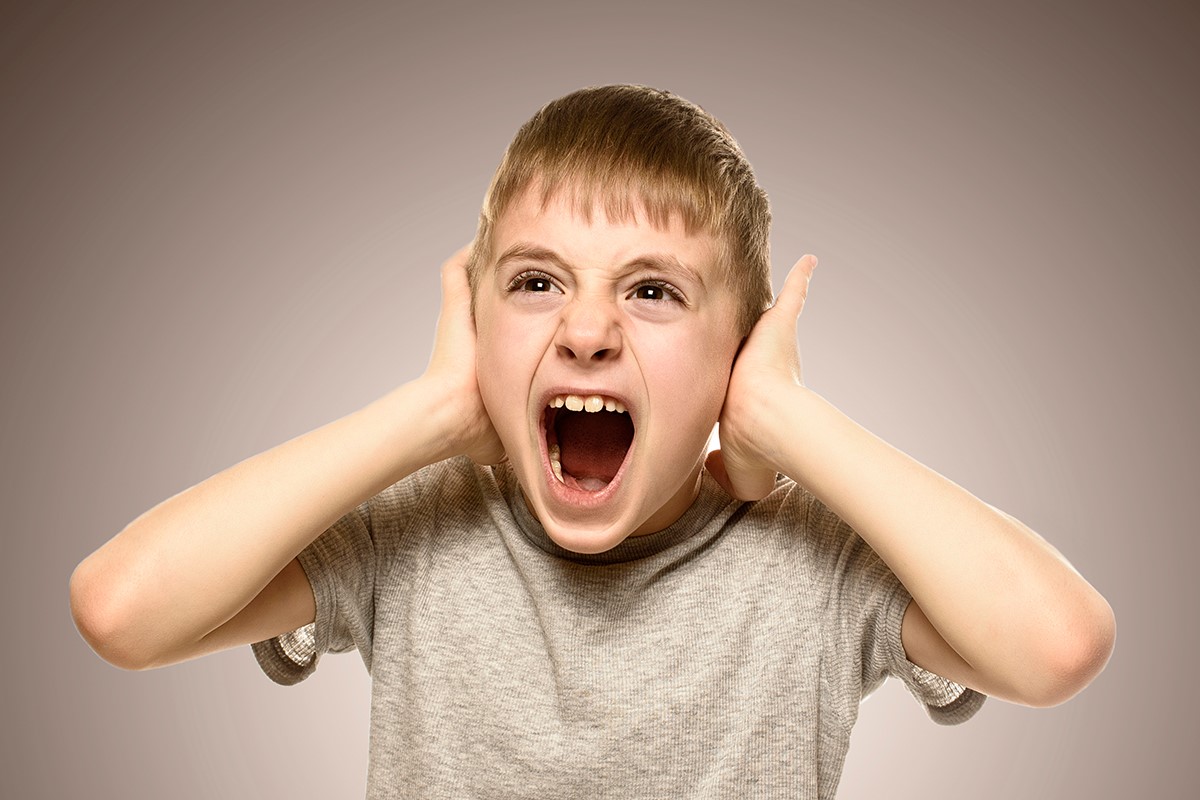Tourette Syndrome is a chronic neurophysiological disorder in children. Its exact pathophysiology remains unclear. It commonly occurs in children aged between 2 and 15 years old.
Symptoms
The primary symptom of Tourette Syndrome is tics, which are repetitive, involuntary movements or vocalizations. Tics are categorized into motor and vocal types, with the following common forms:
- Simple vocal tics: Quick, meaningless sounds or noises, such as throat clearing, coughing, screaming, or pig-like grunts.
- Complex vocal tics: More meaningful and varied words, syllables, or phrases, such as repeating others’ words (echolalia) or uttering obscene or offensive language (coprolalia).
- Simple motor tics: Quick and brief movements like eye blinking, mouth twitching, making faces, head jerking, nodding, shoulder shrugging, fist pounding, foot stomping, stomach contracting, or spitting. These involve involuntary, sudden, and brief meaningless actions of the facial muscles, limbs, and joints.
- Complex motor tics: Slower, prolonged movements that appear purposeful, such as staring at an object, touching things or people, stomping, repeatedly writing the same word, obscene gestures, or compulsive ritual-like behavior.
- Premonitory or psychological tics: Before tics occur, patients may feel a build-up or urge, like the need to blink due to eyelid discomfort. Some may experience bodily tension, muscle tightness, or tingling sensations.


The frequency and severity of tics vary depending on life events. Tics often intensify before exams or during stress, and decrease or disappear during relaxation or holidays. Symptoms typically peak during puberty. One-third of children with Tourette Syndrome will see complete remission, one-third will see partial improvement, and one-third will continue to experience symptoms into adulthood. As they grow older, they often learn to mask or adapt their symptoms so others do not notice.
Diagnosis
Diagnostic criteria for Tourette Syndrome (American Psychiatric Association, 2013/2014):
- At some point during the disorder, multiple motor tics and one or more vocal tics have occurred, though not necessarily at the same time.
- The symptoms wax and wane in frequency but have persisted for more than one year since onset.
- Onset of symptoms occurs before the age of 18.
- The symptoms are not attributable to substance use (e.g., stimulants or bronchodilators) or other medical conditions (e.g., Huntington’s disease or post-viral encephalitis).
Treatment and Daily Care
- In general, medication is not considered unless tics or Tourette Syndrome significantly affect the daily social life of the child or their family. Medications such as Aripiprazole (Abilify) and Risperidone (Risperdal) are often effective even at low doses. However, they may not address all symptoms. Recent studies have shown that behavioral therapy can also be effective, offering another treatment option.
- A regular routine, balanced diet, and appropriate exercise benefit both physical and emotional well-being. Children are advised to avoid chocolate, candy, caffeine-containing drinks such as coffee and tea, and processed foods, as these may worsen symptoms. Exercise is also helpful—research shows that regular physical activity can reduce symptoms, and that tics often diminish when the child is focused on the activity.
- Although many children with Tourette Syndrome experience symptom relief after puberty, tics may still affect their interactions with classmates and academic performance during school years. Therefore, continued attention is needed. Parents and teachers are encouraged to support and accompany the child, helping to boost their confidence.



